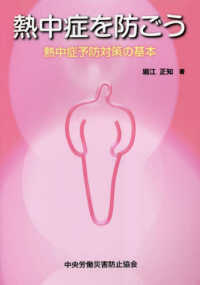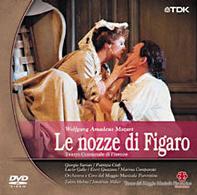Full Description
The prose fiction of Penelope Aubin offers a delightful and provocative challenge to many of our standard ways of thinking about both the 'rise of the novel' and early women writers. Aubin's fast-paced narratives highlight the persistence and vitality of romance as a form of storytelling and the centrality of teenaged girls to tales that extend far beyond the domestic and amatory modes with which they have traditionally been associated. Aubin's resourceful heroines and the often spectacular violence they engage in in order to defend their lives and bodily integrity allow us a more expansive and exciting view of early-eighteenth-century fiction than the current classroom canon often permits. In narratives spanning the globe and featuring pirates, North African corsairs, Jacobites, shipwrecks, and seraglios, Aubin delivers fiction with roots that go back to antiquity and commitments that feel far more modern than most other texts from the period.Supplementary materials include selections from Aubin's other work in which she reflects upon her craft and the two documents most responsible for the posthumous distortion of her reputation.
Contents
Acknowledgements
Introduction
Penelope Aubin: A Brief Chronology
A Note on the Texts
A Note on MoneyThe Life of Madam de Beaumount
The Life of Charlotta Du Pont
Appendix A: Aubin Theorizing Her Own Work
From Penelope Aubin, The Strange Adventures of the Count de Vinevil and His Family (1721)
From Penelope Aubin, The Noble Slaves (1722)
From Penelope Aubin, The Life and Adventures of the Lady Lucy (1726)
From Penelope Aubin, The Illustrious French Lovers (1727), translation of Robert Challes, Les Illustres Françoises (1713)
From Penelope Aubin, The Life and Adventures of the Young Count Albertus (1728)
From Penelope Aubin, The Life of the Countess de Gondez (1729), translation of Marguerite de Lussan, Histoire de la comtesse de Gondez (1725)
Appendix B: Reshaping Aubin's Reputation
1. From Antoine François Prévost d'Exiles, Le Pour et contre (27 September 1734)
2. From Penelope Aubin, A Collection of Entertaining Histories and Novels (1739)
Works Cited and Select Bibliography








